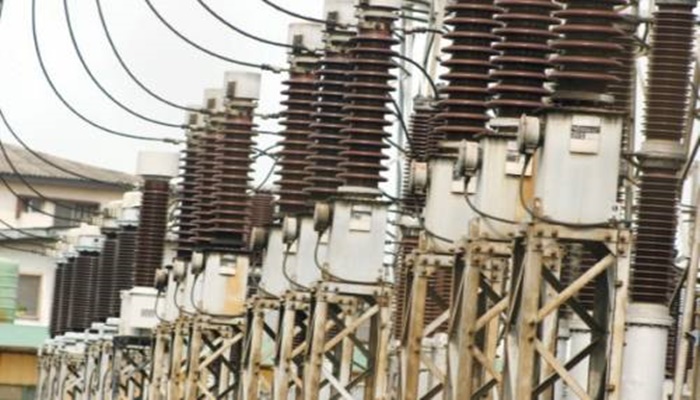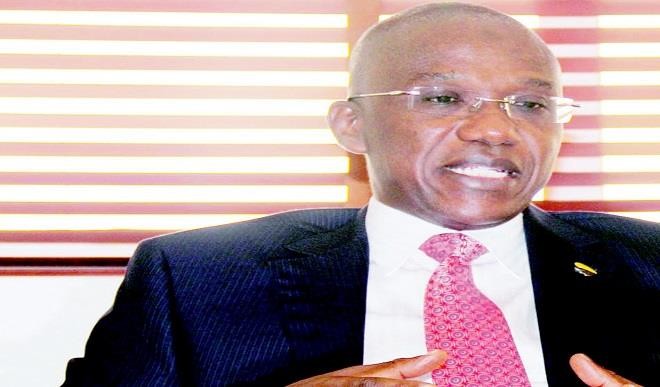
Mr Mansur Ahmed, President, MAN, made the call in a statement on Friday in Lagos.
Ahmed said that the appeal for uniformity in tariff rates was for the purpose of creating a level playing field for manufacturers in Nigeria.
Ahmed said that the disparity in electricity tariff rates was observed to have favoured some regions of the country over others.
According to him, most worrisome is the fact that manufacturers are made to pay higher tariffs and sell their products in the same markets as those who pay less.
He said that some manufacturers may not be able afford the resultant effects of the wider gap in prices of products as competitors in the industry.
“The tariff differences in some instances are as high as 25 per cent which makes it impossible to ensure fair competition among manufacturers.
“The resultant effect of this tariff differential is that manufacturers under the DisCos with higher tariff rate sell at a loss in order to sustain market share.
“If action is not taken immediately, the affected manufacturers may be forced to close down with looming adverse effect on employment and the economy,” he said.
The MAN President called for the establishment of an equalization fund as provided in the petroleum sector to support DisCos with smaller number of customers to ensure uniformity of tariff across the country.
He said that the recommendation would come handy in the event where the disparity has to be maintained due to the differences in commercial activities.
Ahmed lauded government’s efforts at sustaining economic growth and the development of the manufacturing sector particularly the ongoing efforts at improving the quality of reliable and sustainable electricity supply in the country.
“The inadequacy of electricity supply has been one of the major challenges hindering the competitiveness of manufacturing sector in the country.
“Manufacturers spend over 40 per cent of production overhead on electricity leading to increase in cost of operations and prices of made in Nigeria goods when compared with similar products from other countries.
“It is therefore, worthy to note that improvement in electricity supply in terms of quantity, quality, efficiency in service delivery and pricing is critical to the competitiveness, growth and development of the sector.
“This, we believe is a recipe for sustaining the employment of over 6 million direct and indirect workers in the manufacturing sector,” he said.






